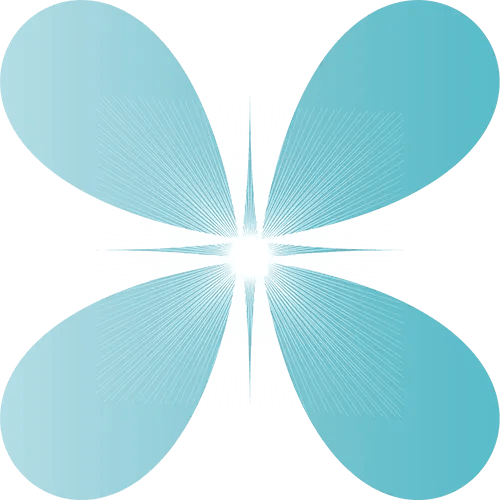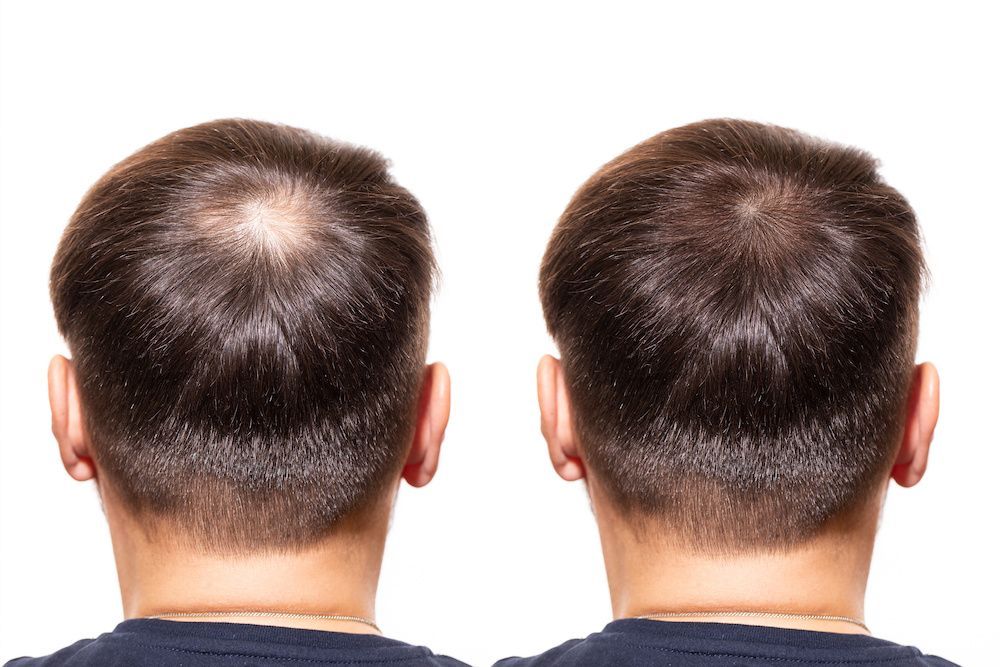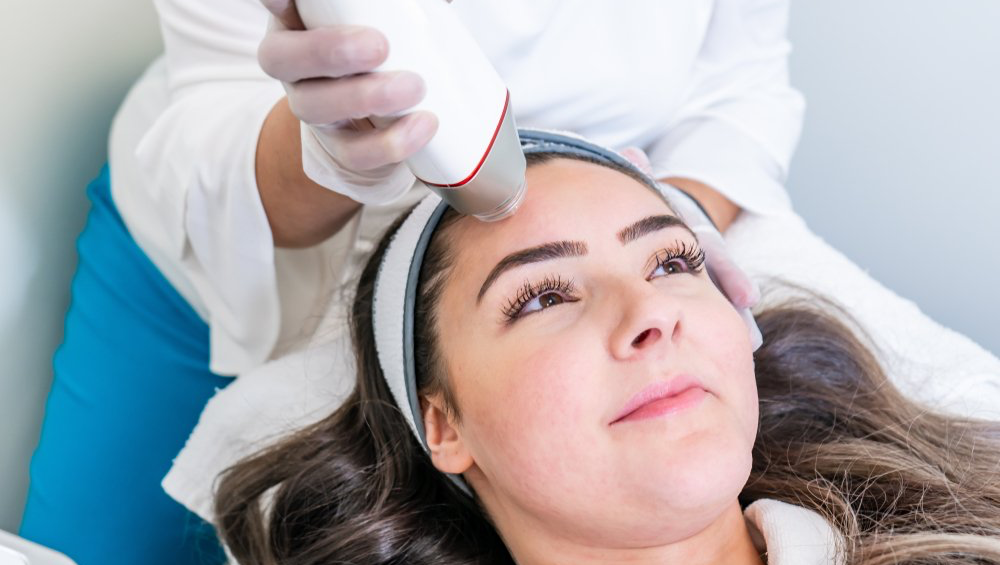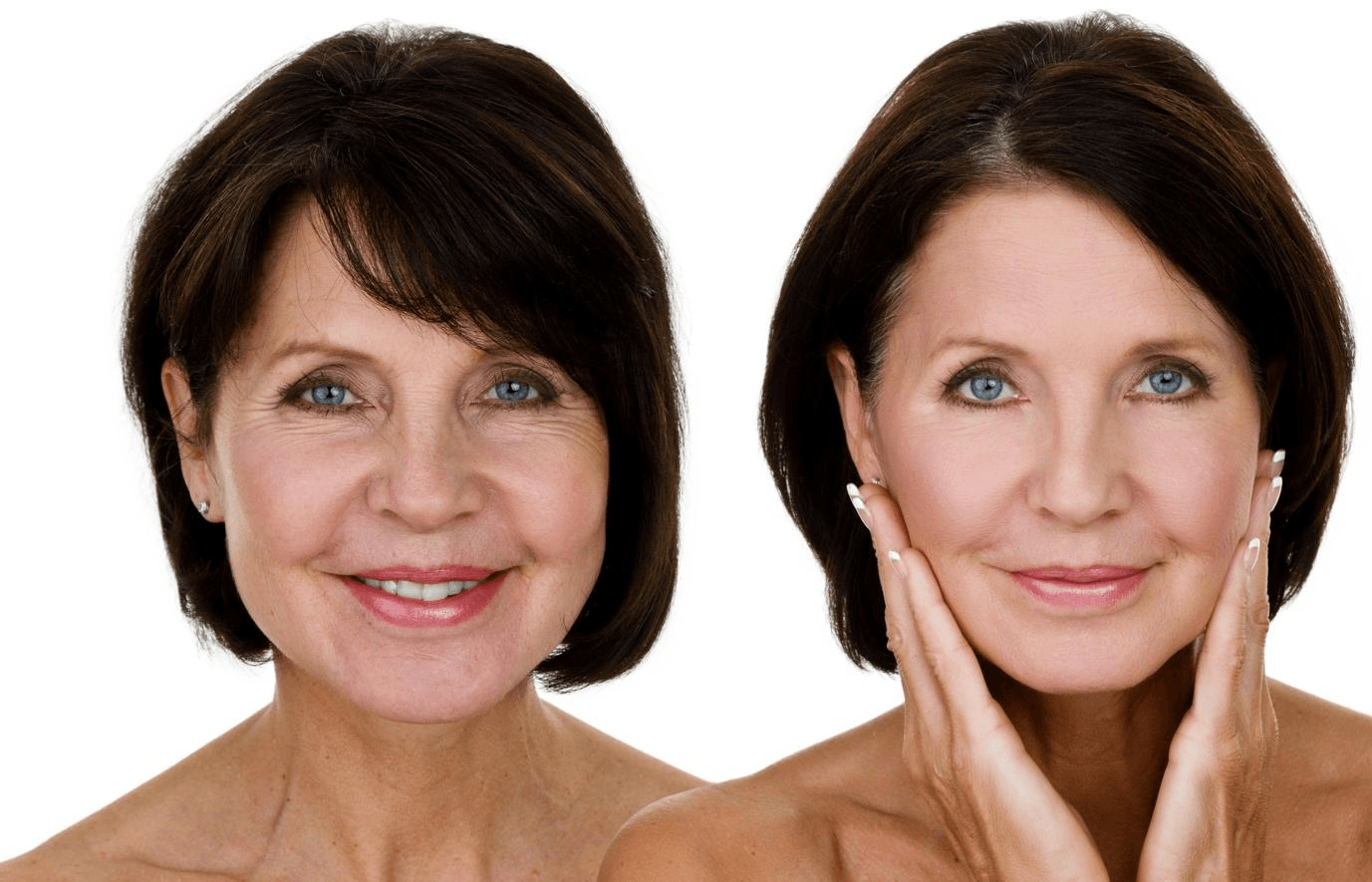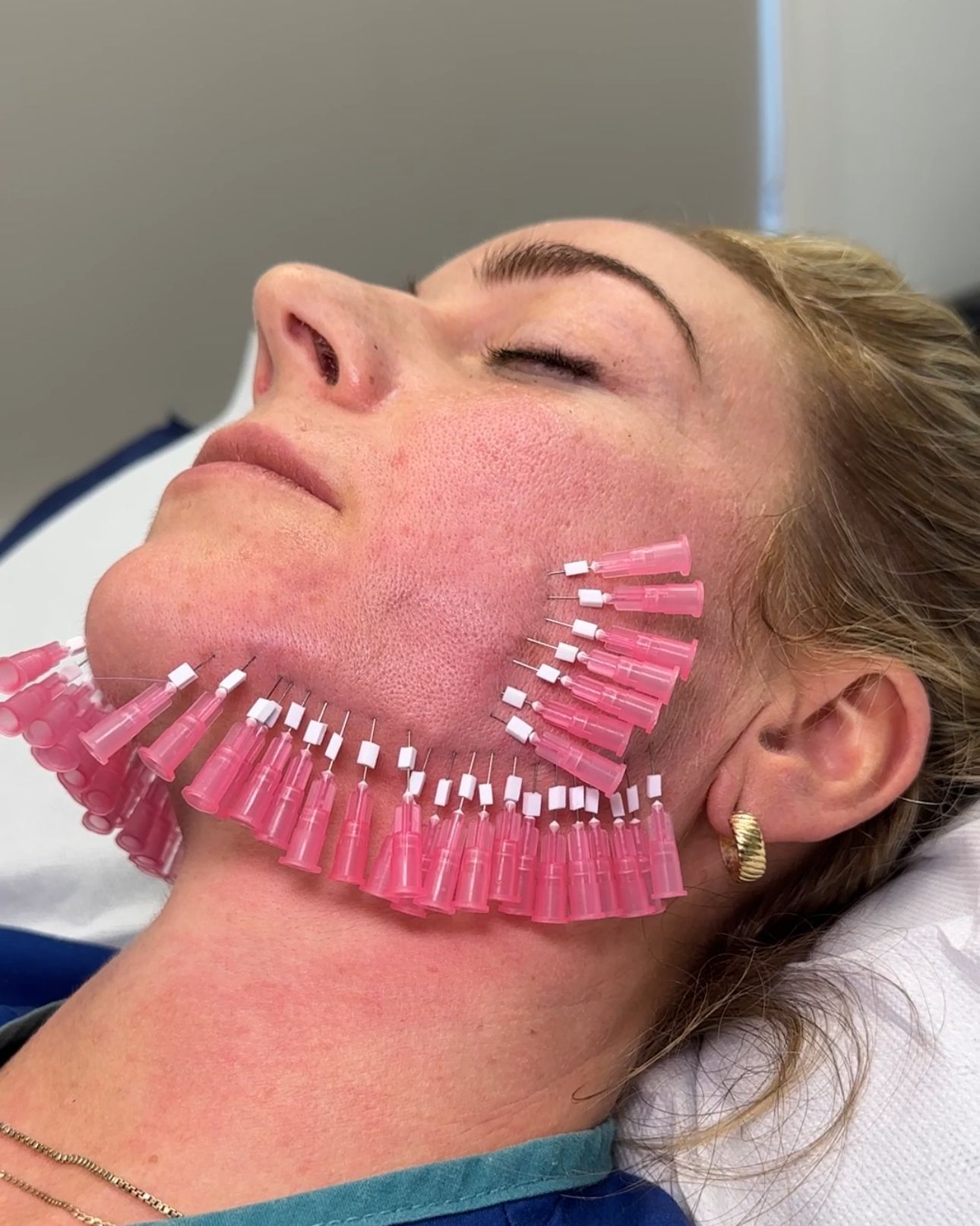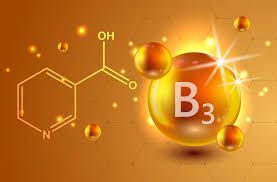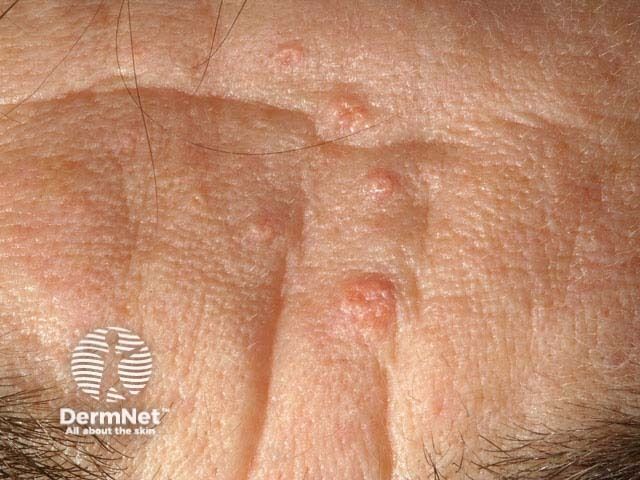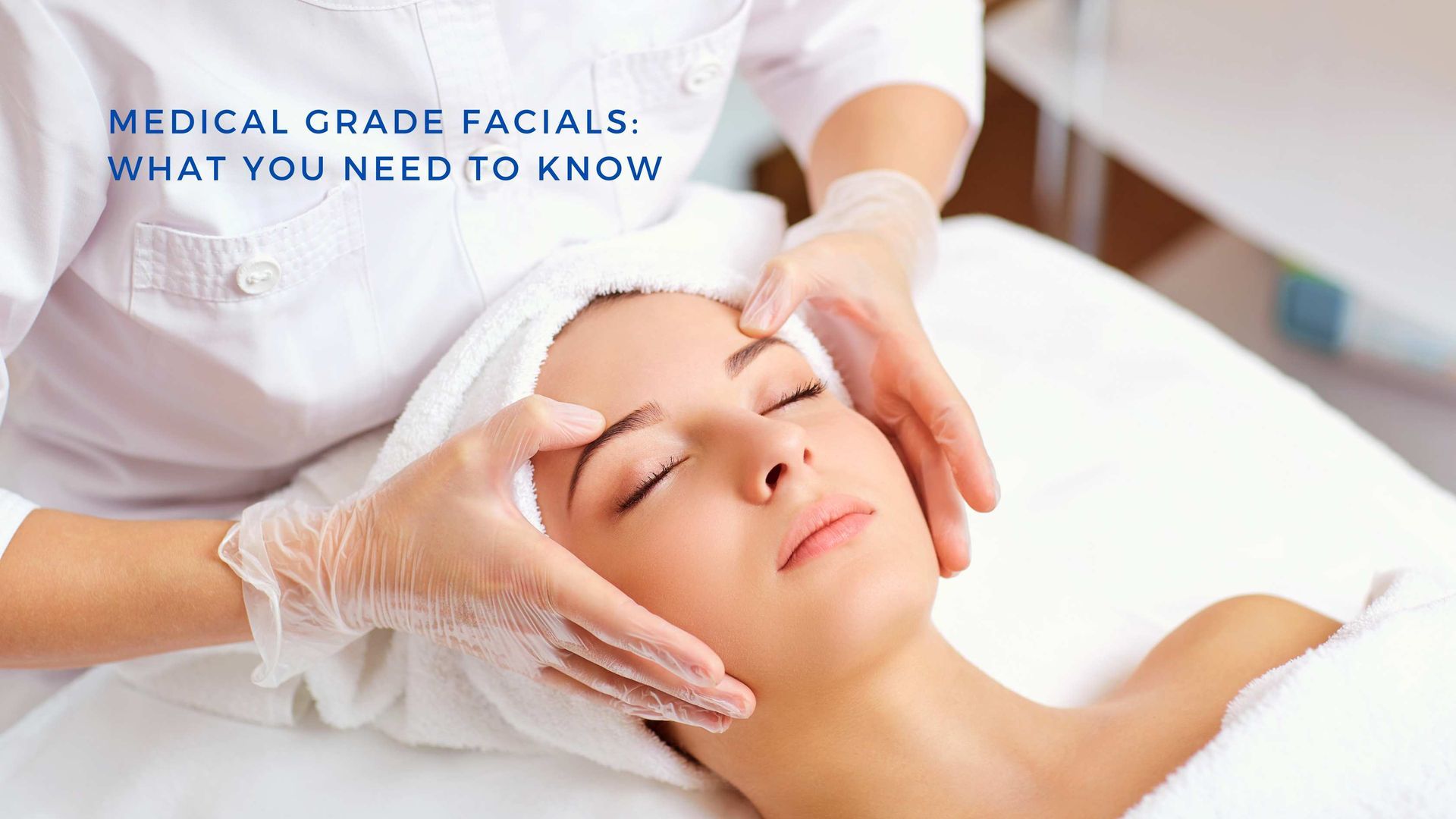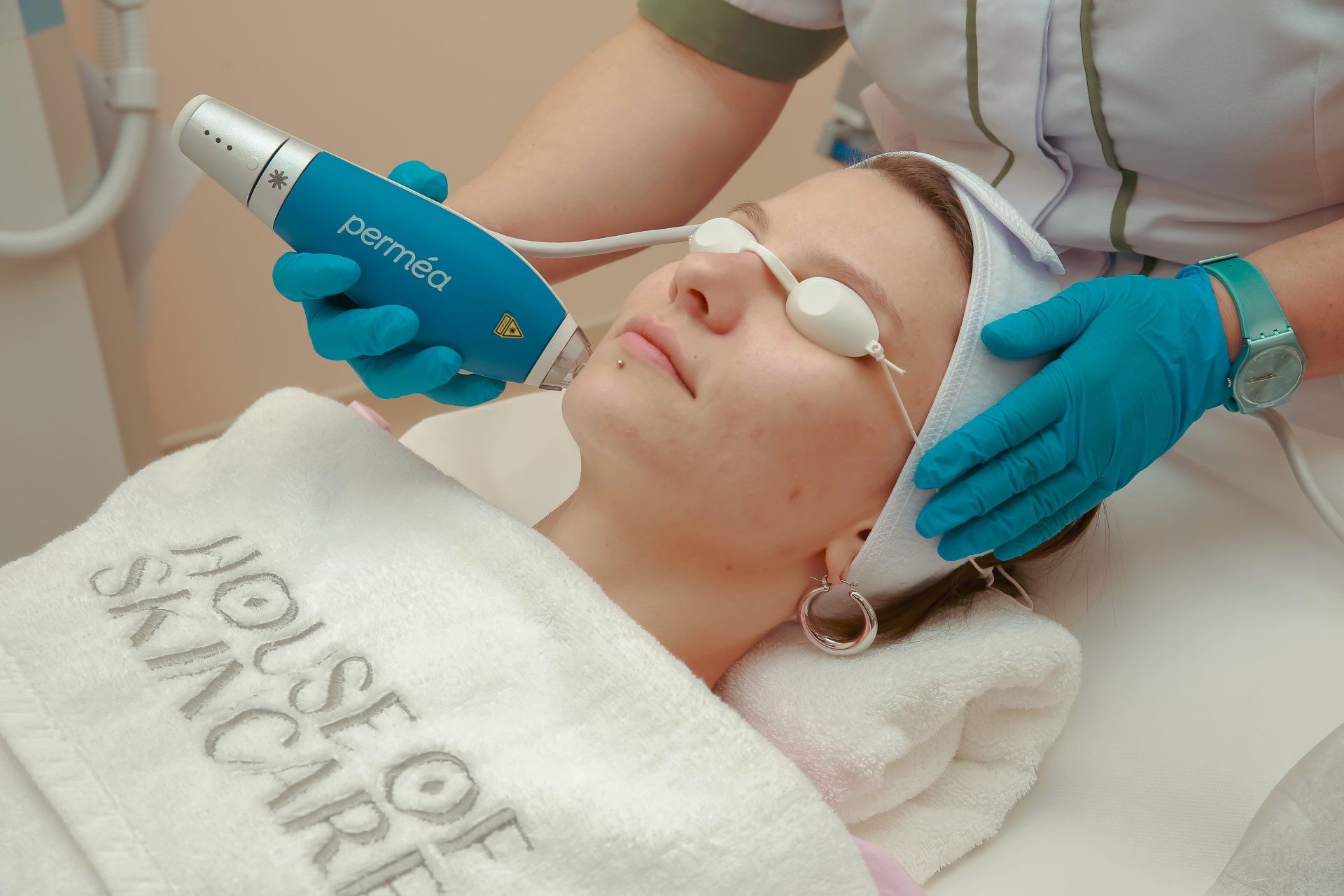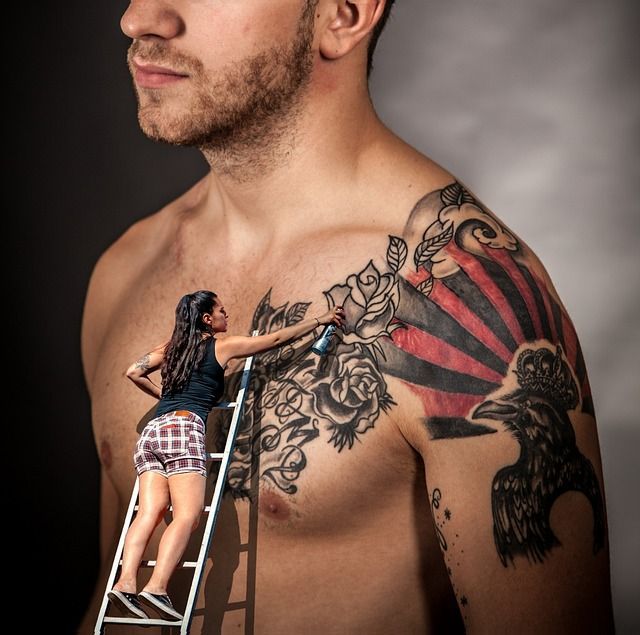Do we really need skin care products?
There are a wide variety of skincare products. Some of them are cosmetics that are freely available with minimal regulations and standards. Some are cosmeceuticals that are regulated and with scientific evidence-based products prescribed for your skin.
The leading quality of skincare products is to make your skin beautiful and charming and protect from harmful environment factors. The skincare products maintain your skin and improve your appearance. The human skin needs care; therefore, it is essential to take care of your skin by using correct skincare products.
There are many skincare products in the market, and if you check the labels, they contain mostly the same base products. What differs is the concentration of active ingrediants, pH level and preservatives. Some of them do have their fragrance. When it comes to picking the correct product, it is highly advisable to get a professional to analyse your skin first. They help you find a suitable product for your skin type, skin condition to address your needs.
Skincare products can be broadly divided into the following types,
- Skin cleansers
- Skin exfoliators (and Chemical Peels)
- Anti-Ageing’ Products
- Vitamin A (Retinoids)
- Vitamin B ( B3 and B5)
- Vitamin C (Ascorbic Acid)
- Hydroquinone
- Skin Protectors
- Sunscreen (This is the best skincare product)
- Moisturisers
SKIN CLEANSERS
- Cleansers are beneficial for all skin types
- There is a huge variety of cleansers on the market
- The role of cleansers are to remove unwanted products from the skin such as dead skin cells, oil, dirt, and make up
- It is important to remember that cleansers can have a significant impact on the lipid content of the skin, and therefore the barrier function
- Therefore, cleansers should be chosen for clients depending on their skin type – dry vs oily
- Those with oily skin should use foaming cleansers, which contains surfactant to decrease excessive lipid content
- Those with dry skin should use lipid sparing, non-foaming cleansers, which contain oil, cream or milk, which help repair the lipid barrier
SKIN EXFOLIATORS
- Exfoliators are used to aid with desquamation (removal) of the superficial layer of the skin, the stratum corneum.
- The aim is for smoother and more radiant skin.
- As the top layer of skin is removed, there is a decrease in pigmentation, as melanocytes do not produce enough melanin to make up for the loss.
- There are both mechanical, such as microdermabrasion or scrubs, and chemical exfoliants.
- Chemical peels act as very good exfoliants to get you the best results.
- There are different depth levels of chemical/clinical peals. Beauty therapist/dermal therapists trained to offer superficial light peals only, Aesthetic Medical practitioners and dermatologists can offer superficial, medium and deep peals to get much better clinical outcomes.
PROTECTORS – SUNSCREEN
- Sunscreen is an important part of any skin care routine
- Sunscreen and sun avoidance should be emphasized to all clients generally
- This is to prevent pigmentation, wrinkles and skin cancer
- Under the Australian sun, SPF30+ and above is recommended.
- There are two main types of UV rays which damage the skin:
- UVB: Cause sunburn and are responsible for development of skin cancers
- UVA: Cause skin tanning, ageing and wrinkles
- Sunscreens are usually measured by SPF, which stands for Sun Protection Factor
- SPF measures the amount of UVB protection it provides:
- SPF 15 blocks 93% of UVB rays
- SPF 30 blocks 97% of UVB rays
- SPF 50 blocks 98% of UVB rays
- In order to protect against both UVA and UVB, opt for a broad spectrum sunscreen instead, which contain physical sunscreens that block UV rays (ie zinc oxide or titanium dioxide) or chemical sunscreens which absorb UV rays (ie octisalate)
PROTECTORS – MOISTURISER
- Clients with oily skin produce sebum to protect the skin and prevent the loss of water
- They should be encouraged to use a light moisturiser, or none at all
- Clients with dry skin require barrier repair moisturisers that have ceramides, fatty acids and cholesterol, which mimic sebum production
